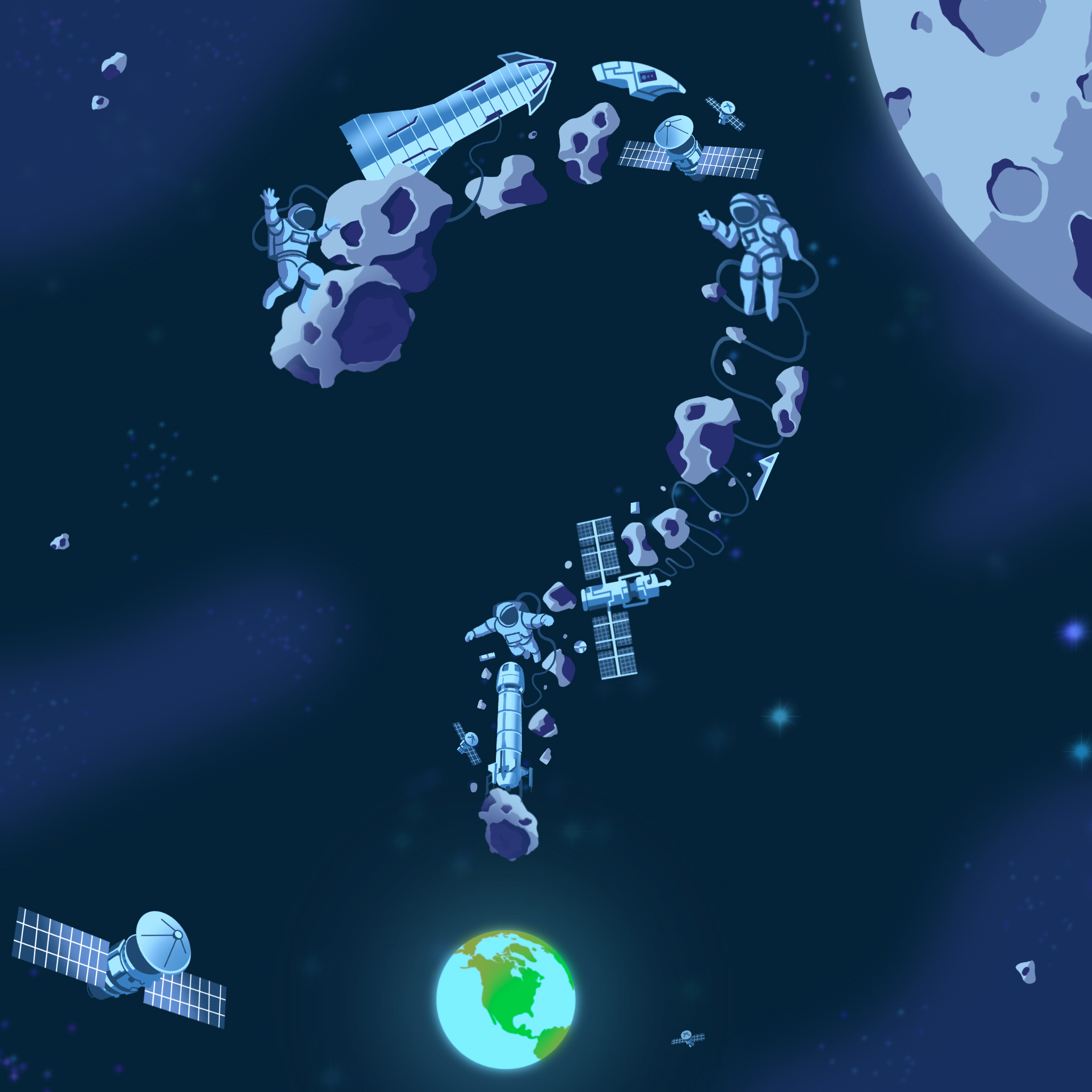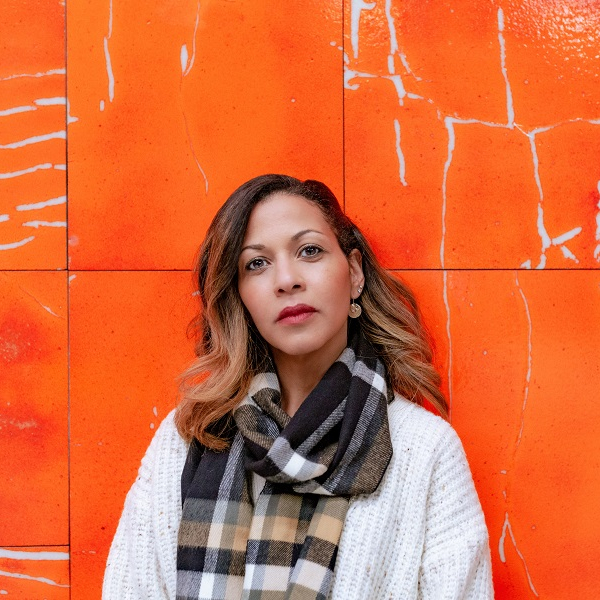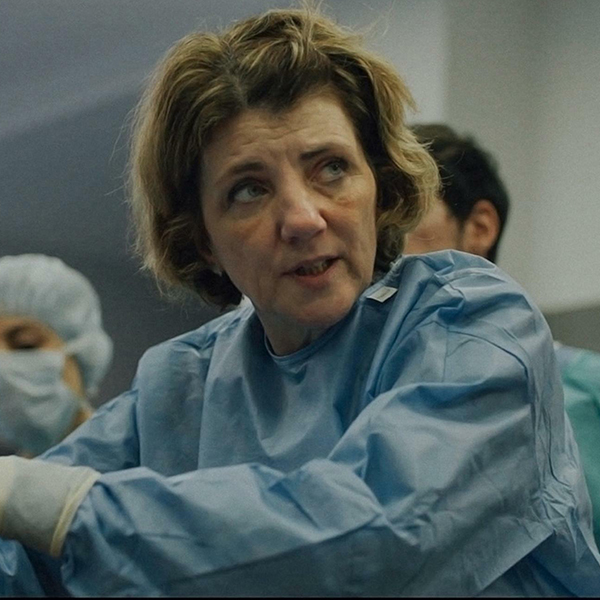Payam Akhavan has witnessed crimes against humanity up close. An associate professor of law at McGill, he was once a United Nations field officer, dodging sniper fire and probing horrific incidents of ethnic cleansing in the Bosnian village of Ahmići in 1993. At one point, he stormed into the office of the Bosnian Croat general whose militia was responsible for a deadly attack on innocent Muslims to vent his fury. He lived to tell the tale.
Years later, Akhavan is still angry. He is angry that such horrors can still occur and he is angry that “our bankrupt political culture” does too little, too late to prevent acts of genocide.
Akhavan will soon have access to a wide audience as he challenges the cynicism and apathy that get in the way of taking firm action against massive human rights abuses. He will be touring Canada as the 2017 Massey Lecturer, joining the ranks of such previous Massey Lecturers as Margaret Atwood, Noam Chomsky, Carlos Fuentes, Northrop Frye and Jean Vanier (as well as fellow McGill professors Gregory Baum, Margaret Somerville, DCL’78, and Charles Taylor, BA’52).
The Massey Lectures are co-sponsored by CBC Radio (which will broadcast Akhavan’s lectures on Ideas), House of Anansi Press (which has published the lectures in book form) and Massey College in the University of Toronto.
Akhavan’s five-city lecture tour, beginning on September 13, is titled In Search of a Better World: A Human Rights Odyssey. “You don’t want to write something that is a cliché,” Akhavan says. He hopes the lectures and book will help people make an emotional connection through a vivid narrative and a call to action that includes recountings of devastating personal tragedies.
The Iranian-born Akhavan came to Canada with his family as a boy a few years before the upheavals of the 1979 Islamic revolution. The totalitarian regime of Ayatollah Khomenei called for the elimination of Iranians who adhered to the Baha’i faith, his family’s religion.
In 1981, an uncle of his was tortured and shot for his beliefs. Two years later, his close friend Mona Mahmudmizhad, 16, was hanged after being tortured for being a Baha’i. Mona’s death changed Akhavan’s life forever: “Looking back from my place of exile, I felt an overwhelming surge of rage and sorrow,” Akhavan relates in the lectures.
“It’s that fire in your heart, just rage, which lets you transcend your despair,” Akhavan says in an interview. “And that, I think, is the most important point I want to convey even as I talk about all these intellectual ideals, about international criminal courts [and] the responsibility to protect the reform of the UN. All of those things are meaningless if we don’t understand this cultural, spiritual aspect which motivates people to act.
“Instead of paying lip service to liberal platitudes, we need to take seriously the power of our own engagement and not be satisfied with writing a cheque to appease our conscience, a cheque to charity so we can sleep better at night.”
“Payam is the personification of the scholar/advocate, in the best sense of the word,” says former federal justice minister Irwin Cotler, BA’61, BCL’64, a longtime human rights activist and an emeritus professor of law who was instrumental in bringing Akhavan to McGill. “He has devoted his life to how international criminal justice can prevent future atrocities.”
Éloge Butera, BCL/LLB’12, a Rwandan genocide survivor, is a former student of Akhavan’s. Butera is now a policy advisor to federal minister of public safety Ralph Goodale. “[He insists that students] make sure that our learning experience is not an ivory tower,” Butera says of Akhavan. “There is a unique authenticity to his approach.”
Central to Akhavan’s message in the Massey lectures is the notion that we can no longer afford to engage in narrow-minded definitions of national self-interest. Actions based on short-term thinking – such as the United States’ cynical use of jihadist freedom fighters in the 1980s in the fight against the Soviets in Afghanistan – end up coming back to haunt us, he writes.
“The most pressing reality… is that of interdependence, and not the myopic disregard of moral principles that passes for brilliant statesmanship.”
A former UN prosecutor at the International Court of Justice in The Hague, Akhavan is a member of the International Court of Arbitration and has served as legal counsel in cases before the International Criminal Court, the European Court of Human Rights, and the Supreme Courts of Canada and the U.S. He has also chaired the Global Conference on Prevention of Genocide and is a co-founder of the Iran Human Rights Documentation Centre. He was the first legal advisor to the Prosecutor’s Office of the International Criminal Tribunals for the former Yugoslavia and Rwanda.
It’s an impressive CV to be sure, but it’s Akhavan’s grim, on-the-ground experience that has left him convinced of the urgent need for people to open up to the pain and suffering of others – not only for the sake of the victims, but as part of a necessary healing process for themselves.
“In a world of dizzying distractions and endless entertainment, where even suffering has been reduced to a spectacle, we must rediscover the profound power of the everyday, of heartfelt compassion, of the transcendent healing connections that transform our impoverished culture of indifference from the bottom up,” he says in one of his Massey Lectures.
“The cure that a world groaning from emptiness needs most is a grassroots conspiracy of authenticity, implemented by transactions of selfless beauty.”


